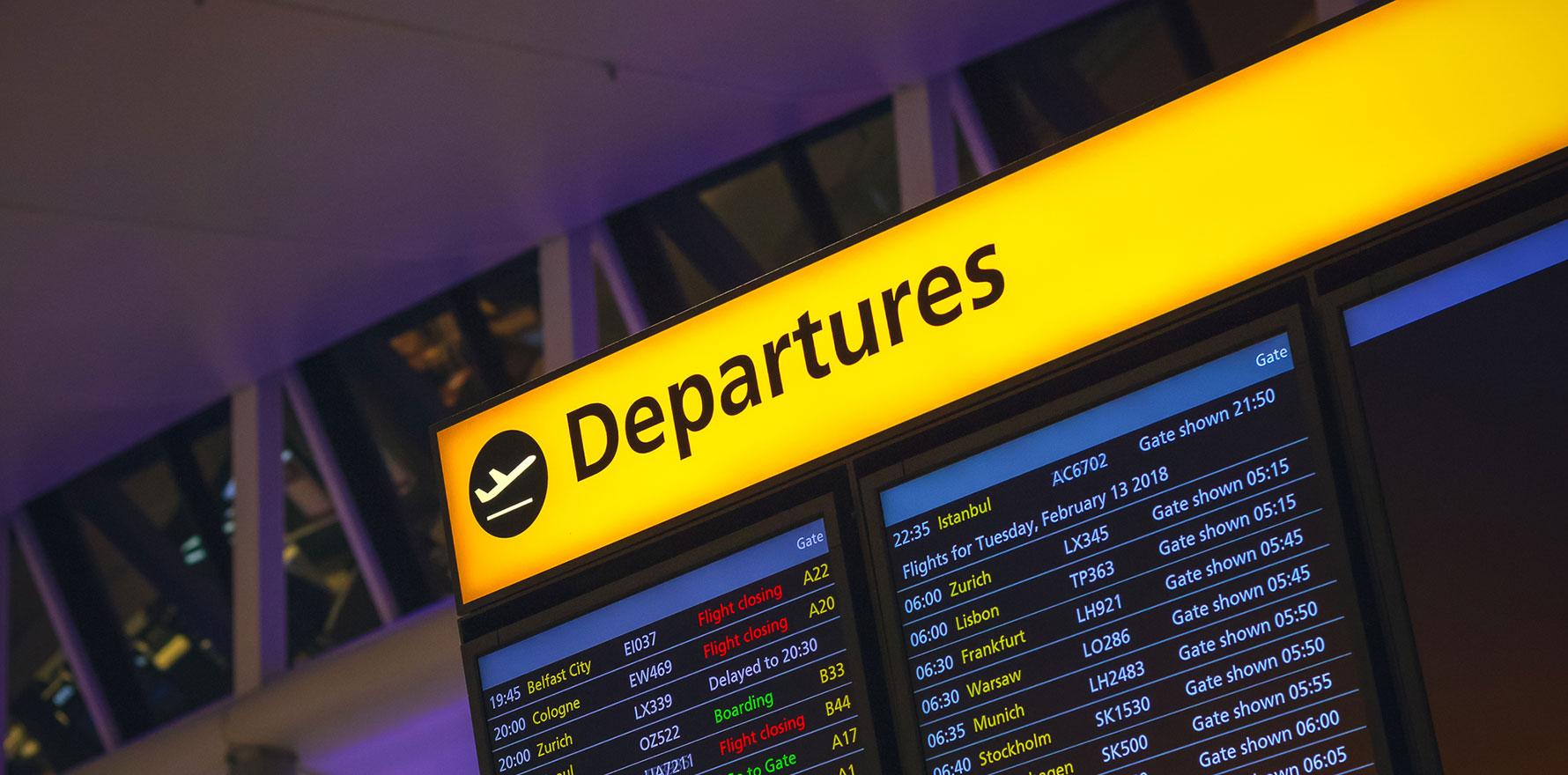It really isn’t about money. It’s about dangerous and distressing workloads and contempt from government.
I have worked in many sectors of public and private psychiatry and medicolegal practice; I worked as a public sector psychiatrist through the covid pandemic, locuming through hospitals and healthcare settings in NSW and Victoria.
Until I didn’t. I walked out of a role and a type of work I thrived in and was really good at.
Eventually, the job got to me; my last day was the one following being assaulted by a very unwell patient, and I decided that day to put my safety and wellbeing first. I have not treated a patient since.
I empathise strongly with my NSW psychiatry colleagues about to do the same thing next week.
In 2022 I was a solitary canary in a coalmine who tried to take my concerns to management about ward safety and drastic understaffing on a brand new psychiatric ward. Nobody cared.
My resignation wasn’t part of a mass action, but I know of many psychiatrists who have done the same thing as me in recent years and many more who are planning to.
I can promise if my locum agency offered me double the money to stay, I wouldn’t have. It wasn’t worth it.
By the time I left my last post I had started to notice huge changes in the roles locums were posted to. I had been locuming while running a private practice across Australia since 2014.
By the time I left in 2022, there had been an incremental change in daily pay rates, but a diabolical change in the amount of risk I was exposed to and expected to work amid and manage.
This risk was combined with resentment; as I walked in on day one I was notified of all the regular psychiatrists who had taken sick leave upon hearing I was coming. I was expected to cover their work.
I didn’t blame the other psychiatrists for taking a break when they knew there would be somebody else around to work and at a much better pay rate. I did resent being left with whole departments of psychiatry to cover on my own.
On my last day at a huge regional hospital in Victoria, I was the admitting officer, the consultant for the acute care team, the ward psychiatrist for 27 patients who had not seen a psychiatrist for a week, and the psychiatrist for the medical and surgical patients with psychiatric problems for the entire hospital. I had no orientation and no duress alarm.
I was a sitting duck.
I lasted three days and left my post early for the first time in my career. It wouldn’t have mattered how much I was being paid: there is no worse way to feel alive than knowing you are responsible for crises in different areas of the hospital, all of similar urgency, but not able to respond. Something no coroner or grieving family member would ever accept as an excuse if a sentinel event occurred, which was on my mind constantly.
My terror, and it was terror by this stage, made me drive back along the highway to home and never practise as a clinical psychiatrist again. I was still shaken from the assault the day before, and I was a seasoned experienced psychiatrist who had seen and managed a lot of emergency situations by this time.
So when I hear about the current crisis affecting NSW Health, the latest canary in the coal mine that is our fractured and subpar mental health system, I despair because I know locums aren’t the answer, and not because they cost a lot of money.
It’s primarily because I know from my connections with locum agencies and talking with colleagues that there just aren’t enough locums around to fill those spots that will be abandoned next week.
There are already multiple posts unfilled in NSW before the mass resignation. I’d be surprised if the psychiatrists resigning next week plan to jump straight into locuming for the same roles – we are not normally driven by money and it’s more likely they are motivated by a need to get away from the constant insults and obstructions to our ability to care for our patients.
Raise the locum rates and we still won’t come. We aren’t there anymore.
Over my medical career, I have had office-bearer roles in doctor advocacy and industrial relations and have experience when it comes to negotiating with government ministers for pay rises and better conditions.
I know governments rarely respond to threats and if their budget can’t accommodate what is being requested, and with a reason or solution they can see and understand, they aren’t interested.
It’s so disappointing that the situation in NSW has come to this standoff, with media grabs that are not explaining the predicament causing panic and division among our colleagues and our patients.
I don’t think the situation can be reduced to “pay us what we deserve rather than pay locums”. The government has already declared it does not value what psychiatrists do and would rather not pay any psychiatrist, locum or permanent, any more. I am sure they have not worked out how to fund a locum workforce by next week.
Meanwhile, staff psychiatrists will walk away from accruing long service leave, annual leave and thousands of dollars for continuing medical education – benefits that have kept doctors in the public system for years, and not available in the private sector unless self-funded.
And that will benefit the government, which will escape funding these entitlements en masse.
I also despair for the psychiatry trainees who are hearing about this crisis, like me, through the media. They are about to start a new training year in February and will be asked to step up and act out of their roles by a government that doesn’t understand what they do and what they are capable of doing.
Trainees are just that – extremely competent and talented, but training to be consultants. They have invested months or years of training time, at salaries way below that of a consultant psychiatrist, and have spent thousands of dollars to sit exams, sometimes more than once.
When I was in their predicament, and I often was in posts with little or no supervision through my training time, I was constantly fearful something would go pear-shaped on my watch and I’d be the scapegoat.
If I knew that wasn’t a transient situation but the new norm, I’d probably be reconsidering my career choice.
Compounding this is that it is far too easy for people to complain, to launch an AHPRA investigation or to be scapegoated by hospitals covering up major systemic issues. And unless the NSW government plans to make drastic changes to the Mental Health Act by next week, they won’t be able to carry out the work anyway, unless they are prepared to fill out paperwork illegally and answer to a tribunal that would, quite rightly, buy none of it.
The debate about the necessity of psychiatrists has been happening for as long as I have been working in psychiatry, nearly 25 years. I don’t know of any other medical specialty that keeps having to justify its existence.
I took a role in a primary health network about 10 years ago and my sole brief was to map out how the network could do everything it did without having to use a psychiatrist. I left shortly after starting.
It continues to rub me up the wrong way that every time funding is announced, a new digital app, a new service model, a new change to the way things are done, the psychiatrist in the team is never considered valuable. Nurse managers and managers in general run mental health services, not us.
I’m guessing to be so devalued for our clinical experience and skills, for such a long time, during an ongoing mental health crisis and a pandemic, has been a bigger motivator for many psychiatrists to walk than their salary.
I can’t imagine NSW psychiatrists packing up to move to Western Australia or the Northern Territory where they can earn more money, although they would be received with open arms.
I fear that the result of this standoff will be that the canaries are released and the coalmines will continue to function, with the media urging readers to call helplines if in crisis.
And that will be to the detriment of our valuable workforce which is more finite and unsustainable than ever before, our training psychiatrists and the community that we serve.
Dr Helen Schultz is a consultant psychiatrist, a coach and mentor to RANZCP psychiatry trainees.




